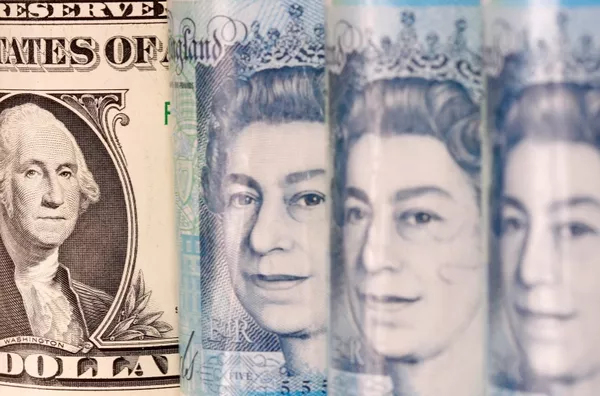The European Central Bank (ECB) raised interest rates by 25 basis points on Thursday, but EUR/GBP continued its losing streak. EUR/GBP fell to around 0.8570 in Asia on Friday. The dovish bias of the European Central Bank weighed on EUR/GBP.
The European Central Bank said the current rate hike cycle may have reached its peak, advising caution and raising expectations for lower inflation in the coming months. In addition, the ECB also highlighted downside risks to the euro zone bloc, especially amid weakness in the services sector.
However, ECB President Christine Lagarde has made it clear that she is not explicitly saying that the European Union (EU) has reached the peak of its interest rate cycle. Instead, the ECB is likely to place more emphasis on maintaining current interest rates for the duration rather than anticipating further interest rate adjustments down the road.
President Lagarde also said that compared with previous economic cycles, the transmission effect of monetary policy is now more direct and has a faster impact on financial conditions.
In addition, earlier this week, internal information from the European Central Bank showed that the European Central Bank was considering raising its inflation expectations, and investors rushed to be bullish on the euro. However, the revision of inflation expectations did not lead to an immediate adjustment in the interest rate cycle.
On the other hand, risk appetite for the pound remains unclear following weak UK economic data on Wednesday.
The UK Gross Domestic Product (GDP) report showed that UK GDP fell more than initially expected. UK GDP recorded -0.5% in July, beating expectations of 0.2% and erasing last month’s 0.5% growth. An unexpected contraction in GDP has added to volatility and market uncertainty in Pound Sterling (GBP).
The British economy is facing various difficulties caused by the Bank of England maintaining restrictive interest rate policies. These challenges include unusually strong wage growth and signs of decelerating labor market demand.
As a result, the outlook for the UK economy has become increasingly uncertain, with overall output shrinking amid reduced demand. The likelihood that the UK economy will enter a technical recession has increased, especially as the Bank of England has planned to raise interest rates further.
Market participants are likely to look to the euro zone’s Economic and Fiscal Affairs Council meeting on Friday for further signs on economic coordination measures. In the UK, investors need to pay attention to consumer inflation expectations.


